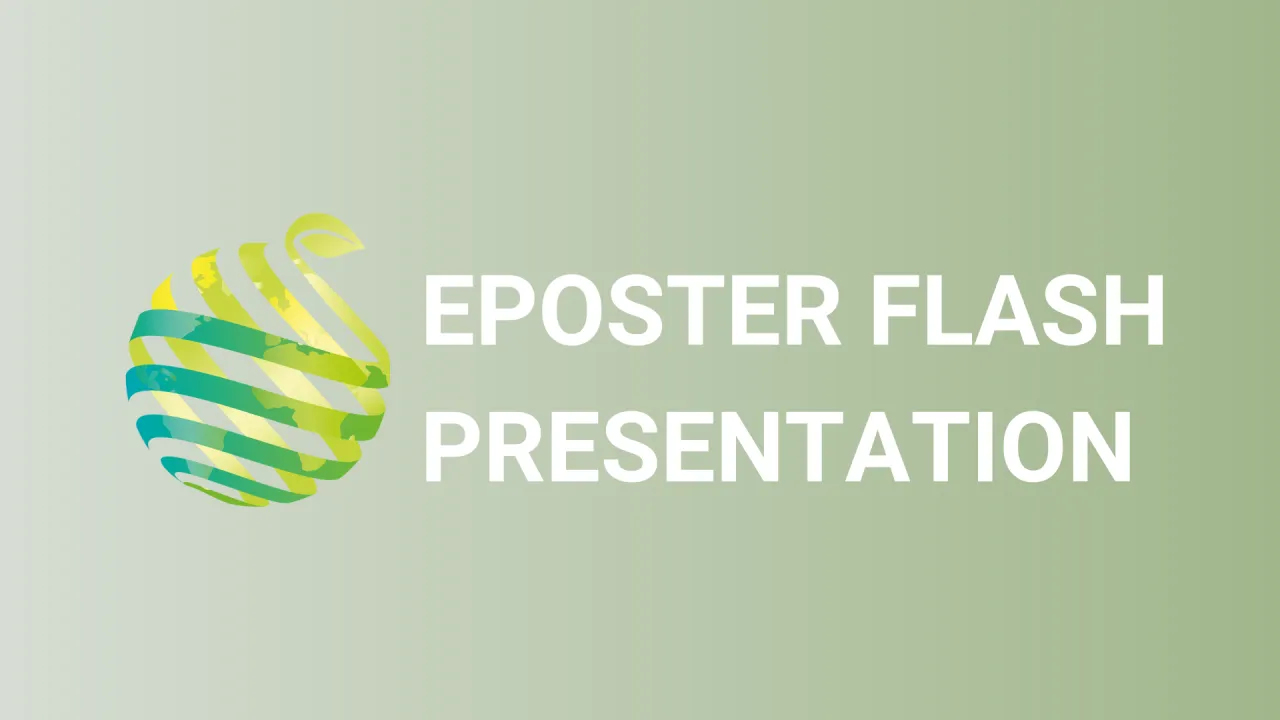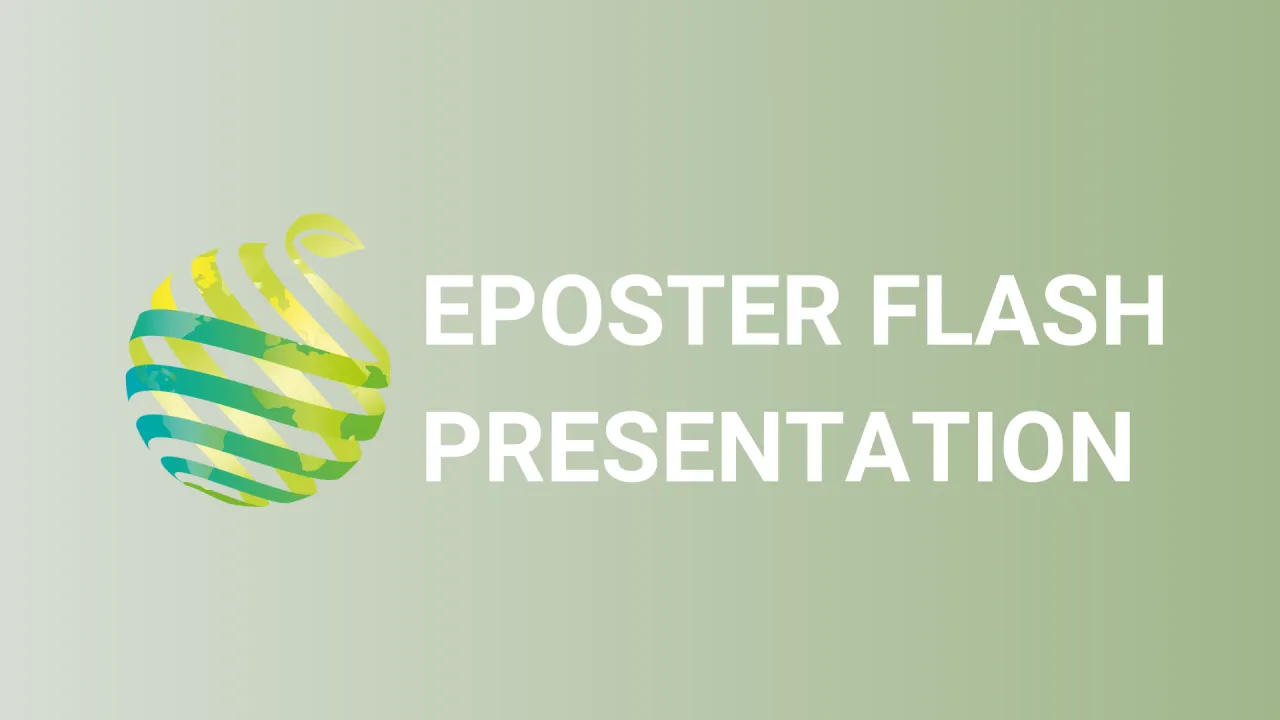

S11 - Session P3 - Transcriptome profiles by RNA-seq of the cultivated eggplant (Solanum melongena L.) and its wild relative S. dasyphyllum under osmotic stress
Information
Authors: Jaime Prohens *, Gloria Villanueva, Mariola Plazas, Santiago Vilanova, Pietro Gramazio
Drought is one of the main consequences of climate change, which triggers the reduction of plant growth and crop production. Understanding the diverse and complex response mechanisms of plants to drought stress is fundamental to mitigating its effects and for the development of drought-tolerant materials. Solanum dasyphyllum is a wild relative of the cultivated eggplant ( S. melongena ) that has been reported to exhibit drought tolerance. An RNA-seq experimental design was performed to retrieve the transcriptome profiles of both species under control and after 0.5h and 2h of osmotic stress conditions by two PEG treatments (20% and 30%) and two phenological stages (three and five true leaves), respectively, in hydroponic conditions. The results obtained showed an increased water deficit resistance of S. dasyphyllum than S. melongena in both experimental conditions. Differential gene expression analysis showed that, in general, the number of DEGs (differential expressed genes) was higher under 30% PEG conditions and five true leaves phenological stage and, also, gene expression increased when the time of stress was longer. The expression of DEGs annotated as osmoprotectants, phytohormones, protein kinases and transcription factors related to drought stress changed over time and was quite different between the two species. Gene ontology (GO) analysis showed that DEGs were mainly annotated under molecular functions domain, being the most important terms the transcription regulator and the DNA-binding transcription factor activities. Pathway enrichment analysis by Kyoto Encyclopedia of Genes and Genomes (KEGG) annotation allowed the identification of plant hormone signal transduction and MAPK signalling pathway, among others, as principal regulated metabolic pathways after osmotic stress. Despite the differences, common response mechanisms were observed between the two species. The different physiological response was reflected in different gene expressions and related pathways that may help to elucidate important mechanisms that are of interest for breeding eggplant drought-tolerant cultivars.